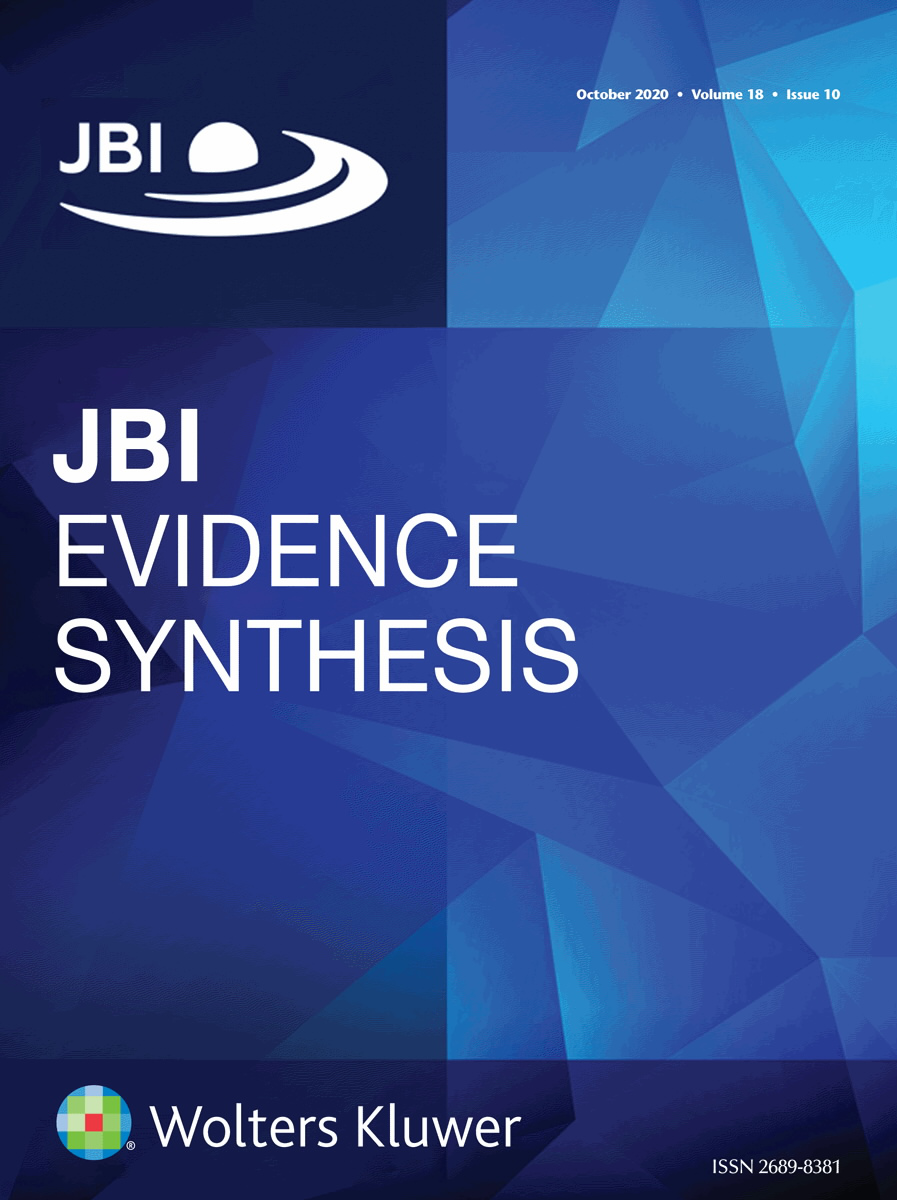
"A systematic review attempts to identify, appraise and synthesize all the empirical evidence that meets pre-specified eligibility criteria to answer a given research question. Researchers conducting systematic reviews use explicit methods aimed at minimizing bias, in order to produce more reliable findings that can be used to inform decision making” (Cochrane Library, n.d.).
"Scoping reviews, a type of knowledge synthesis, follow a systematic approach to map evidence on a topic and identify main concepts, theories, sources, and knowledge gaps” (Levac et al., 2010).
The table below shows the main differences between systematic and scoping reviews.
|
|
Systematic reviews |
Scoping reviews |
|---|---|---|
|
Authors |
Team-based (multiple authors) |
One or more authors |
|
Research question |
Focused question |
Focused or broad question(s) |
|
Eligibility criteria |
Set/fixed/developed a priori |
Flexible |
|
Search strategy |
Set/fixed/developed a priori |
Iterative, revisions acceptable |
|
Results |
Smaller result set |
Larger result set |
|
Appraisal |
Required |
Optional |
|
Protocol and reporting guideline |
||
|
Analysis |
Critically appraised formal synthesis |
Overview and thematic |
Sources:
About Cochrane Reviews | Cochrane Library. (n.d.). Retrieved from https://www.cochranelibrary.com/about/about-cochrane-reviews
Levac, D., Colquhoun, H., & O’Brien, K. K. (2010). Scoping studies: Advancing the methodology. Implementation Science, 5(1), 69. https://doi.org/10.1186/1748-5908-5-69


The following databases are most commonly used to conduct systematic and scoping reviews. However, you should defer to the most common databases for your specific discipline.
If you have never used Covidence before, visit the NC A&T Covidence Sign-Up page and enter your name and NC A&T email on the sign in page. You will then receive an email inviting you to Covidence. Follow the link in the email and click on "Create an Account."
For help using Covidence, contact the HCHHS Librarian via the box on the left side of the page.
For an introduction to Covidence, please watch the recorded webinar below:
For additional, in-depth help with specific aspects of Covidence, view the videos below or browse Covidence's support site: